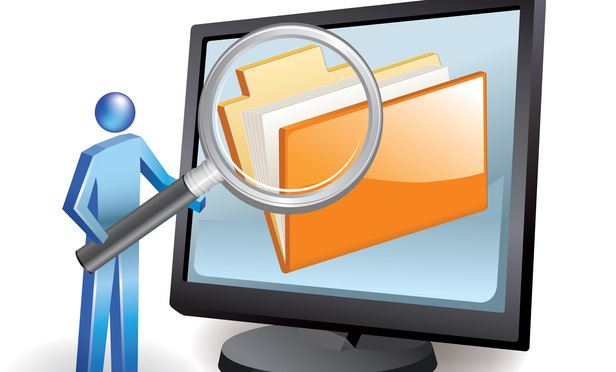Once e-discovery gets complicated enough, some legal departments start thinking about employing a project manager for the task. It’s a role that’s meant to “serve as a liaison between a client’s needs and obligations as they relate to a particular discovery matter and the delivery of our work product,” says Salvatore Mancuso in Metropolitan Corporate Counsel.
Here are some of his tips for making the most of an e-discovery project manager once he or she is in place:
- Less Is More: “If you take an approach to discovery that ‘less is more,’ then from that point forward you can proactively and effectively explore with adversaries what they are actually looking for,” says Mancuso.
- Early Guidance: Project managers can be used up front to guide and identify arguments and discuss whether an early settlement may in fact be your strongest position before you even get into the data and analytics. “If it turns out that they need to move forward with a full-blown litigation, then they are still better off if they’ve pre-established what they are collecting and from whom,” he says.
- What to Look For: “From an audit standpoint, corporate clients will want to ensure that the service provider is maintaining defensibility in terms of the integrity of the data throughout the entire process,” explains Mancuso. This means being able to account for every record, show that all data has gone through the culling process, and be able to easily identify and track records.






